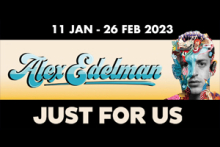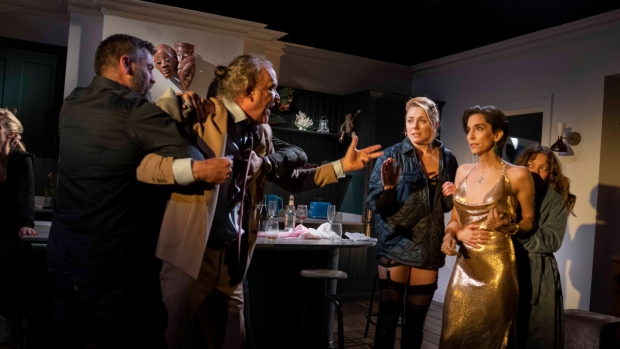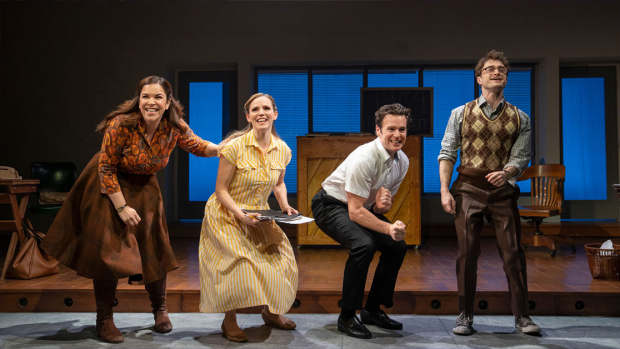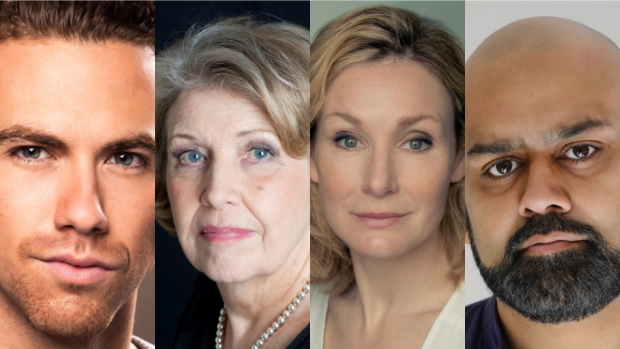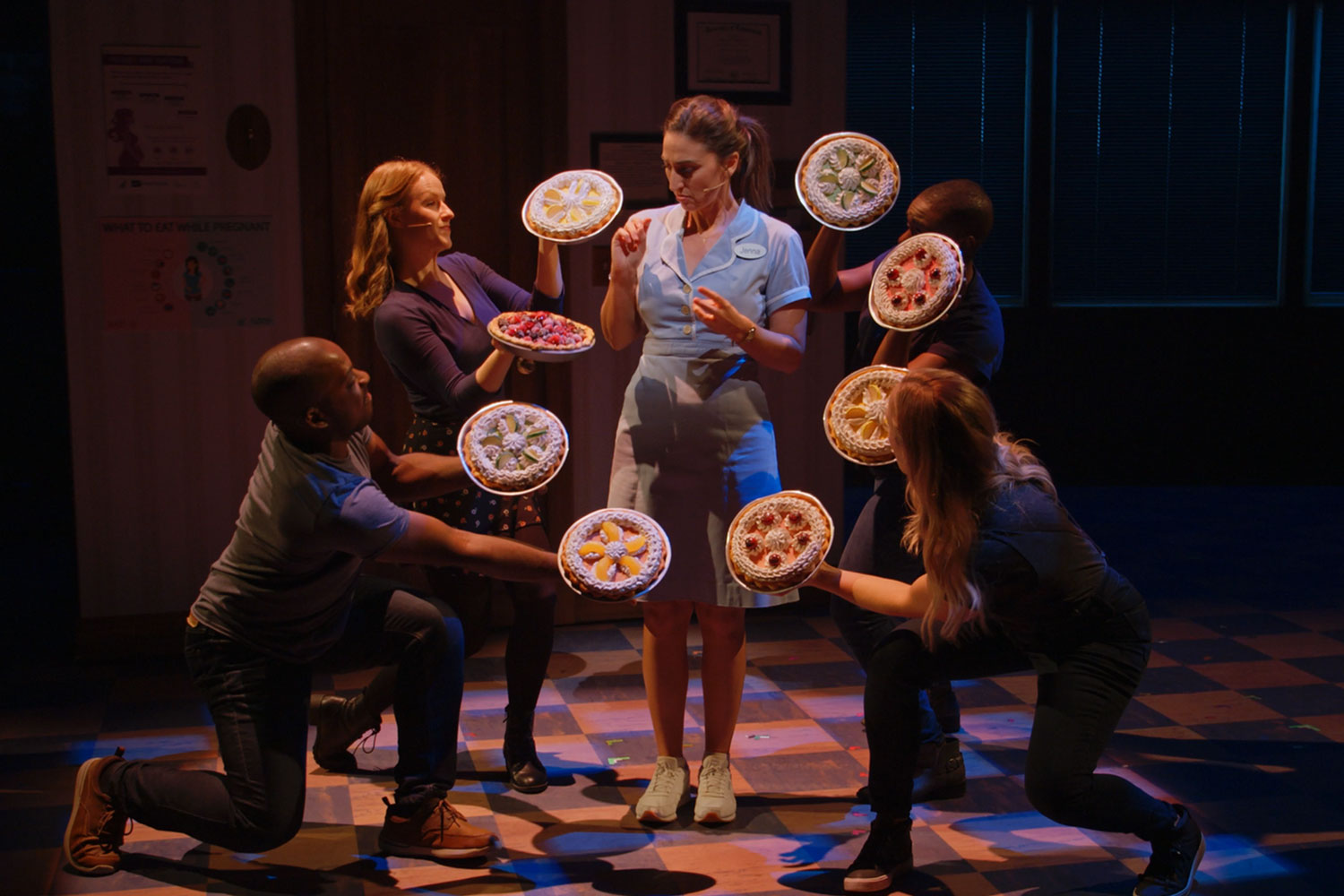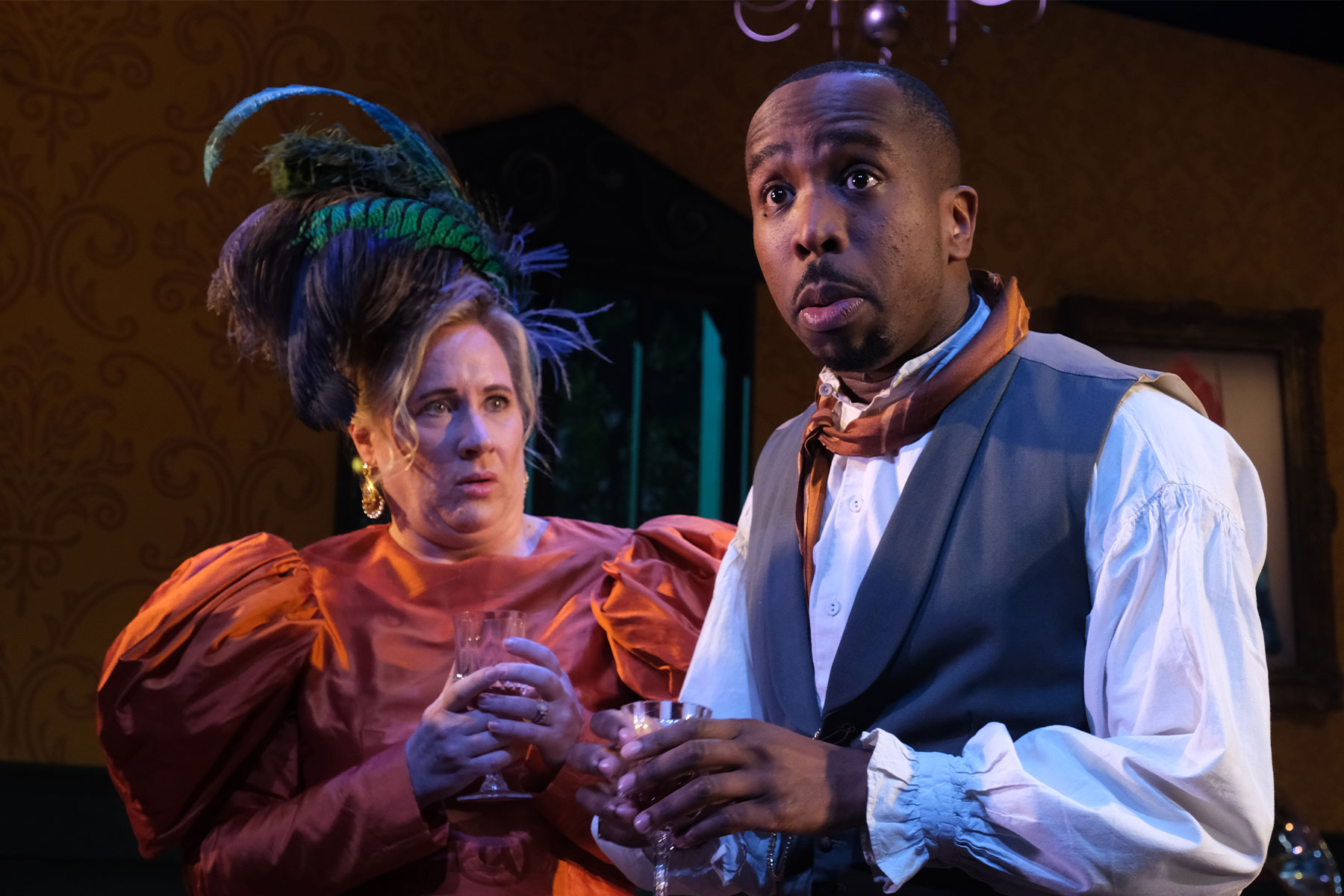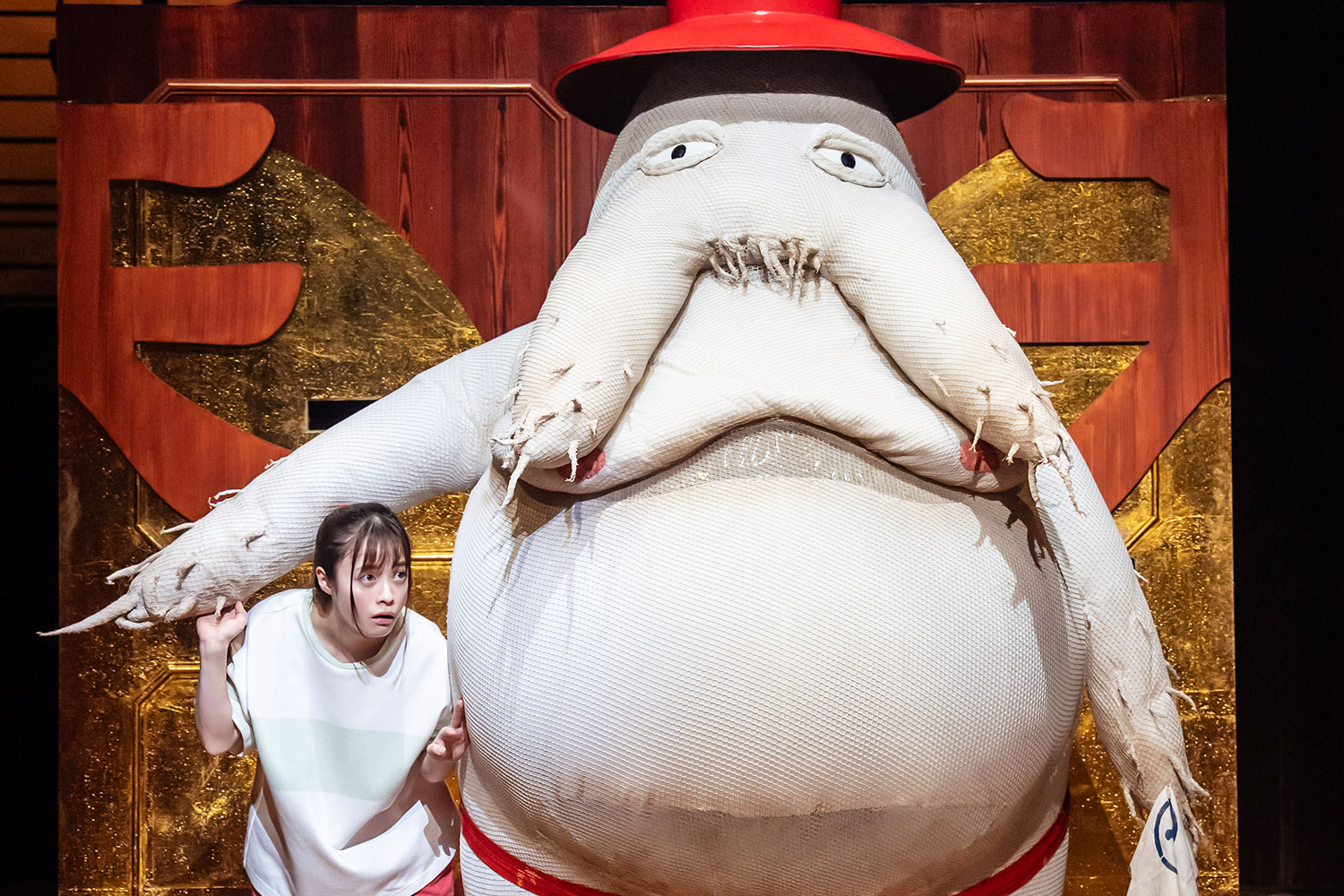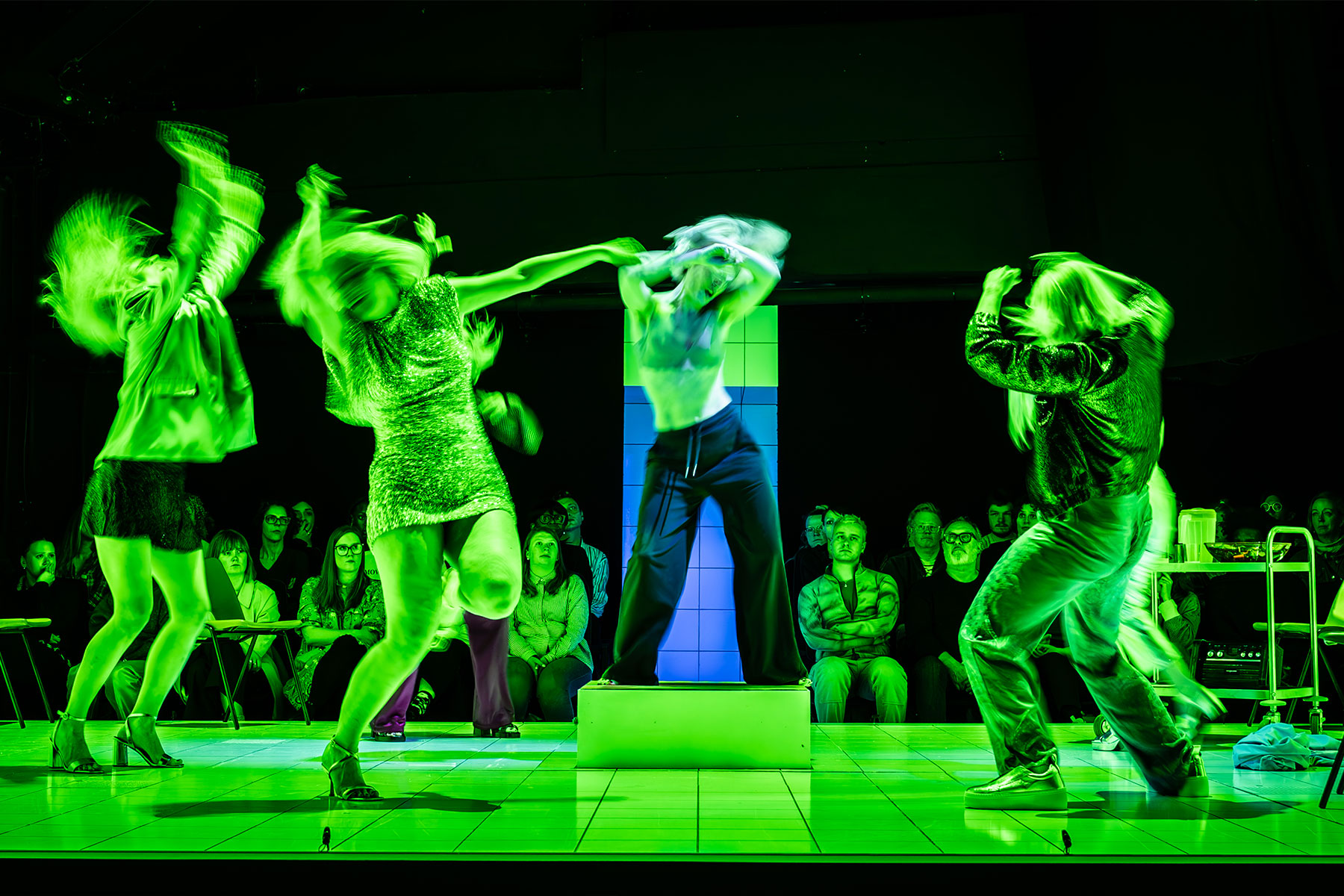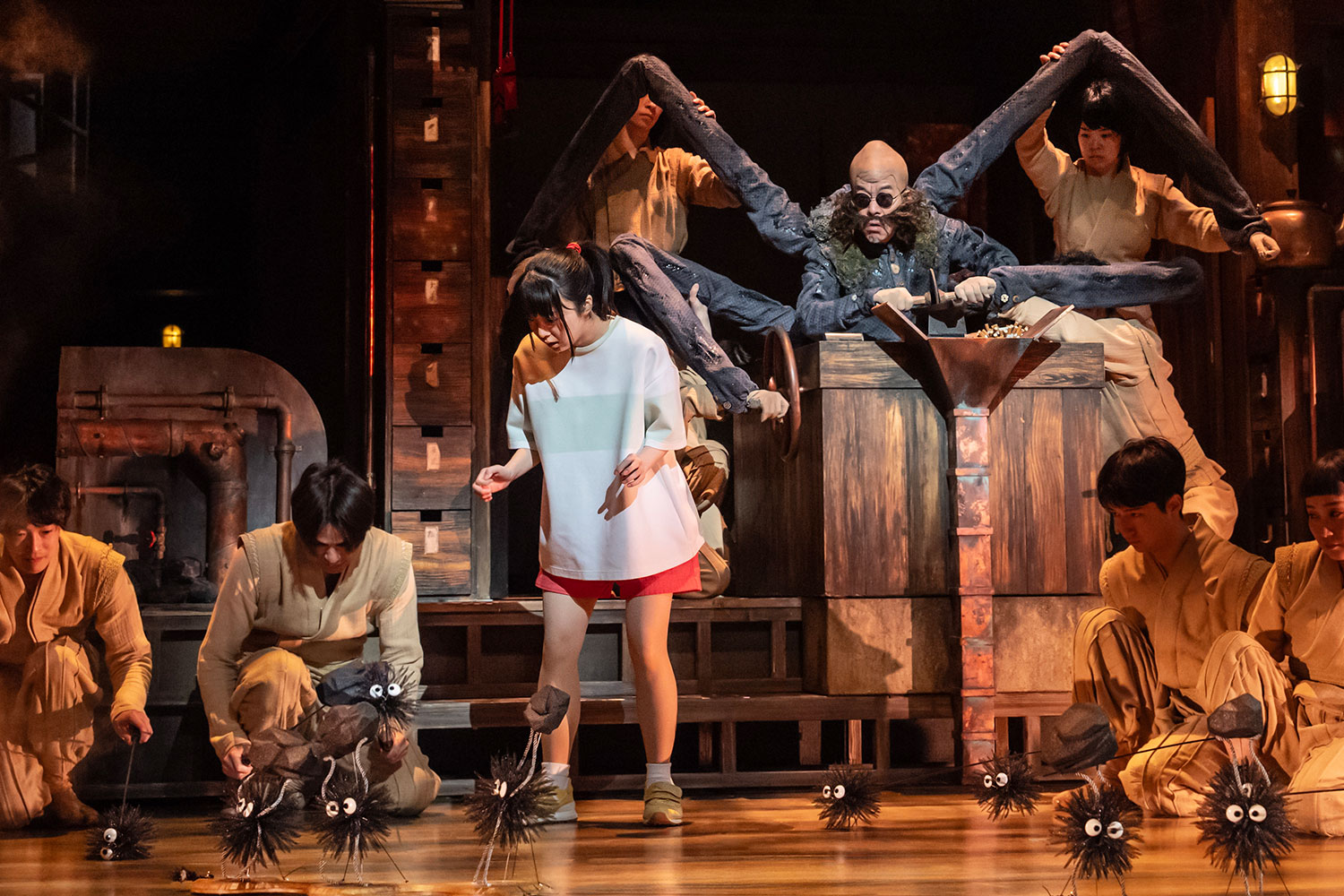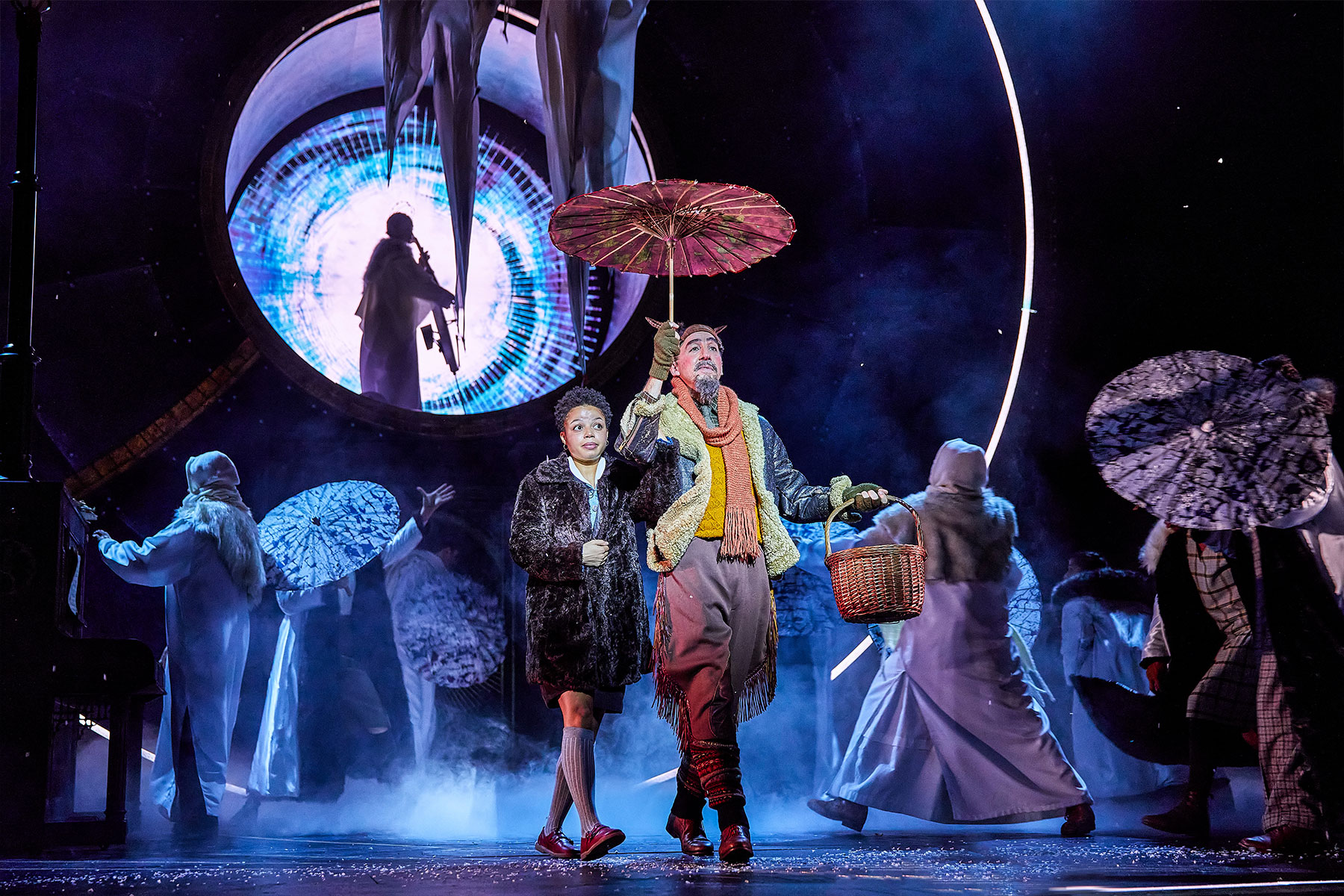Alex Edelman’s ”Just for Us” at the Menier Chocolate Factory – review
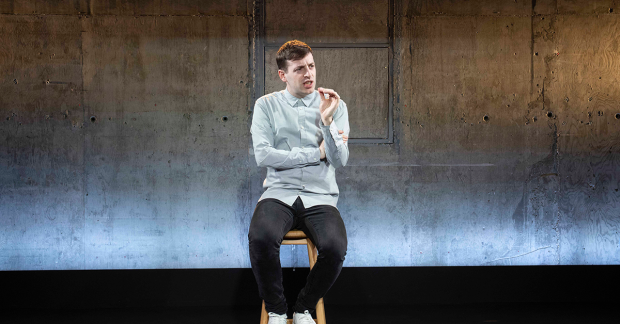
© Alastair Muir
When artists and performers delve into that amorphous grey area between stand-up and monologue, the results are often tantalisingly refreshing – see, for example, the likes of Hannah Gadsby or Liz Kingsman as prime examples.
The same quiet alchemy is present in comedian and writer Alex Edelman’s class act of a show Just for Us, which, while leaning quite firmly into the stand-up camp, makes for a stellar 90 minutes of storytelling (with a few necessary comedy tangents, of course).
Edelman has an eye-catching hook for the show – a few years ago, browsing through Twitter, he saw an invite for a Neo-Nazi social mixer in Queens. A millennial Jewish man with a curiosity itch to scratch, Edelman goes along – meeting 17 bigoted and disillusioned New Yorkers, huddled into an apartment and eating pastries while contemplating the so-called fabrication of white privilege.
Director Adam Brace keeps Edelman moving throughout his account – relayed with a whipsharp, relentless delivery and a fizzy effervescence. Joined on stage by nothing but three stools, Edelman almost seems incapable of sitting still – revelling in his captive audience.
The Menier’s relatively intimate stage is the perfect space for comedy, it turns out – you do feel an underlying sense of complicity as a group of strangers sit together in a safe bubble, laughing at the subjects of Edelman’s account. It’d be fascinating to see the difference in reception in the US (the piece has proven an out-and-out success in NYC) and our own London arts crowd.
But rather than some Louis Theroux deep-dive into far-right conspiracy theorists that swaddle themselves in hate, the vast majority of the run-time is dedicated to Edelman’s reflections on his own life – his heritage, his family (an extended aside about his brother’s Olympic experience as a skeleton racer is especially hilarious) and his general relationship with faith. Edelman seems unwaveringly interested in questions of his own privilege, as well as the interplay between Judaism and contemporary understanding of whiteness.
It’s an excellent juxtaposition, exposing the more uncomfortable questions around the limits of empathy and possibilities of connection. They come thick and fast during the final third of the show, leaving tantalising morsels and themes to chew on as you exit. If you’re worried that this all sounds terribly didactic and un-funny then, rest assured, it’s also a comedy cracker.



